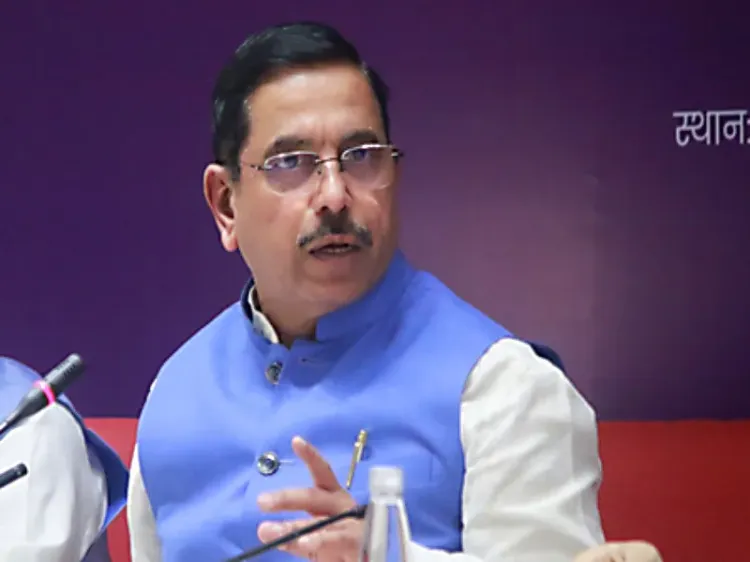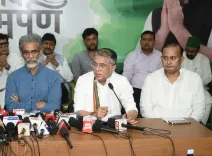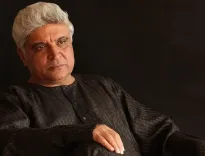Is the Govt Planning to Invest Rs 5,400 Cr for Battery Storage Systems?

Synopsis
Key Takeaways
- Investment of Rs 5,400 crore to support battery storage systems.
- Goal to establish 30 GWh of battery storage capacity.
- Current funding adds to the existing Rs 3,700 crore.
- Focus on enhancing grid stability and renewable energy integration.
- India aims to be a global hub for battery storage manufacturing.
Bengaluru, June 27 (NationPress) The Union Minister for New and Renewable Energy, Pralhad Joshi, announced on Friday that the government led by Prime Minister Narendra Modi intends to inject an additional Rs 5,400 crore in viability gap funding to facilitate the establishment of 30 GWh of battery storage systems across the nation.
“This funding is in addition to the Rs 3,700 crore already allocated under the current VGF scheme, which is supporting the implementation of 13.2 GWh of Battery Energy Storage Systems (BESS) projects,” clarified the minister.
His remarks were made during the inauguration of one of India’s largest BESS manufacturing facilities located in the Bidadi Industrial Area of Bengaluru.
Joshi described the factory launch as “a commitment to cleaner energy, enhanced grid resilience, and India’s ambition to lead in the global energy storage sector.”
He emphasized the target of achieving 500 GW of non-fossil fuel capacity by 2030 as set by Prime Minister Modi, noting that with an increasing amount of renewable energy entering our grid, reliable storage solutions are becoming increasingly vital.
“Facilities like the one we are inaugurating today are essential for transforming our vision into reality. This BESS plant is indeed a state-of-the-art facility, boasting an annual manufacturing capacity of 5 GWh, positioning it among the most advanced BESS facilities in India,” stated the minister.
“The fully automated cell-to-pack assembly line signifies a move towards precision-oriented, high-quality production with minimal human intervention yet maximum efficiency and consistency,” he highlighted.
He expressed confidence that such systems would enhance grid stability, promote renewable integration, manage peak demand, and assist in maintaining frequency regulation.
“As India implements the VGF scheme for battery storage and collaborates with stakeholders across sectors to expand the storage market, having world-class manufacturing capabilities like this is crucial. It will meet growing demand, reduce imports, and enhance our power grid's efficiency,” he noted.
The minister pointed out that India’s renewable capacity is rapidly increasing, with 25–30 GW added annually. However, without storage solutions, this energy could either be wasted or the country could revert to coal when renewable sources fluctuate. BESS is the key to reinforcing the nation’s grid, making it robust, stable, and intelligent, he remarked.
“I am optimistic that India can emerge as a global manufacturing hub for BESS, encompassing batteries, inverters, software, and control systems. From 2022 to 2032, India aims to add over 47 GW of battery storage capacity, with an estimated investment of around ₹3.5 lakh crore,” he asserted.
“The robust policy support from the government, coupled with private sector investments, demonstrates India’s commitment to a renewable future. Simultaneously, we are developing the necessary storage systems to ensure this future is stable and reliable,” he concluded.






